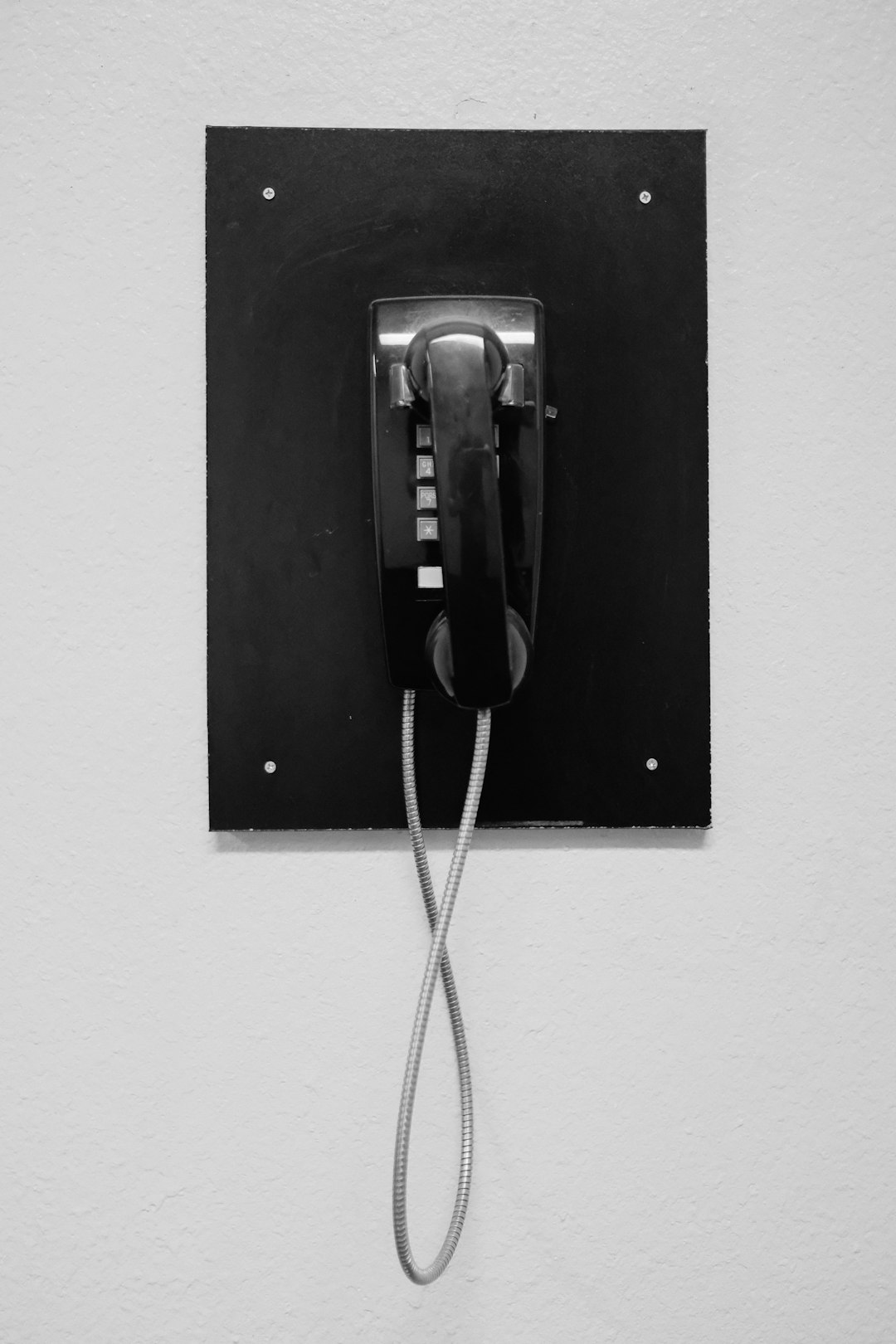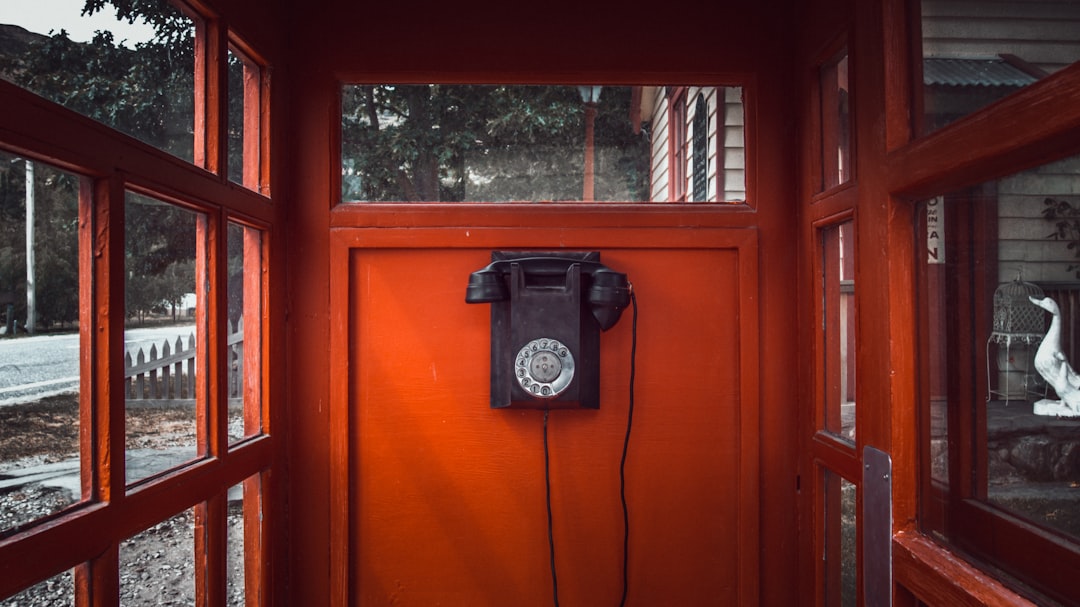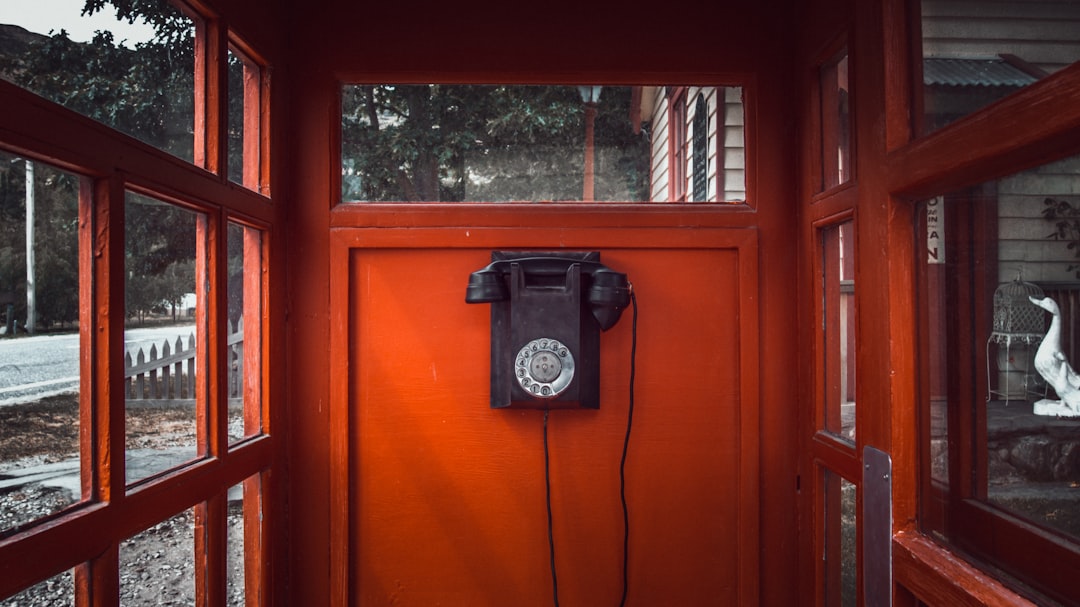Robocalls are a growing problem in Pennsylvania, particularly in dense areas, disrupting daily life. While Do Not Call laws offer some protection against live callers, they're ineffective against automated systems, leaving residents vulnerable to law firms and telemarketers. To regain control, Pennsylvanians increasingly use specialized apps designed to combat robocalls effectively, blocking or redirecting unwanted automated calls using advanced identification technologies and real-time databases. Selecting a robust app requires considering reputation, compliance with Do Not Call laws for law firms, device compatibility, user-friendliness, data security, and privacy protection.
In today’s digital age, robocalls have become a ubiquitous yet unwanted nuisance in Pennsylvania households. With the state’s strict Do Not Call laws, residents deserve effective protection against these intrusive calls from telemarketers and scammers. This article explores the growing importance of robocall protection apps, delving into how they safeguard your privacy, and offering a comprehensive guide to navigating Pennsylvania’s legal framework, choosing the right app for your home, and reclaiming control over your phone lines from unwanted callers—including reputable Do Not Call law firms committed to consumer protection.
Understanding Robocalls and Their Impact in Pennsylvania

Robocalls have become a ubiquitous nuisance across the United States, including Pennsylvania. These automated phone calls, often emanating from law firms or telemarketers, can be highly intrusive and disruptive to daily life. In Pennsylvania, where many households are densely populated, the volume of robocalls can feel particularly overwhelming. The Do Not Call laws in place offer some protection, but they primarily target live callers, leaving little recourse against automated systems. As a result, many residents find themselves on the receiving end of relentless calls, leading to increased stress and potential privacy invasion.
The impact of robocalls extends beyond mere annoyance. They can be a significant barrier to sleep, productivity, and mental well-being. Pennsylvania households often face challenges in distinguishing between legitimate calls and unwanted ones, especially as technology evolves. To combat this growing issue, many residents are turning to specialized apps that offer robust protection against robocalls, ensuring they can enjoy peace of mind and control over their communication channels.
Legal Framework: Do Not Call Laws in PA Explained

In Pennsylvania, the Do Not Call laws are designed to protect residents from unwanted telephone solicitations and robocalls. The state’s Attorney General’s office enforces these regulations, which give Pennsylvanians the right to rest from unsolicited sales or marketing calls. Homeowners can register their phone numbers on the Do Not Call list, effectively blocking most telemarketing and political campaigns from contacting them.
These laws are particularly relevant for robocall protection apps as they aim to mitigate the nuisance and potential fraud associated with automated calls. By adhering to the Do Not Call laws, app developers in Pennsylvania ensure that their services respect individual privacy rights, fostering a safer and more regulated environment for consumers against deceptive or harassing robocalls from law firms and other telemarketers.
Top Features of Effective Robocall Protection Apps

In today’s digital era, robocalls have become a ubiquitous nuisance, with many households in Pennsylvania receiving unwanted calls from law firms and other entities. Effective robocall protection apps are designed to mitigate this issue by blocking or silently redirecting such automated phone calls. Top features of these apps include advanced call identification technologies that can recognize and flag suspicious or unknown numbers. They often integrate real-time databases that update constantly, ensuring the app stays ahead of new and emerging robocall patterns.
Additionally, these apps offer customizable settings for users to manage their preferences. Users in Pennsylvania can program the app to automatically block calls from known telemarketers and law firms, with options to whitelist trusted numbers. Some advanced apps even provide detailed call analytics, allowing users to track and monitor the types of robocalls they receive over time. These features empower Pennsylvania households to reclaim control over their phone lines and enjoy greater peace of mind in a world increasingly saturated by automated calls.
How to Choose the Best App for Your Home in Pennsylvania

Selecting the ideal robocall protection app for your Pennsylvania home involves considering several key factors. Firstly, ensure the app has a robust reputation and positive user reviews, especially regarding its ability to block spam calls effectively. Secondly, check if it offers features tailored to Pennsylvania residents, such as specific rules for blocking legal but unwanted calls from law firms, thereby avoiding any potential fines or breaches of regulations.
Moreover, examine the app’s compatibility with your devices and operating system. Opt for user-friendly interfaces that provide clear call history and settings adjustments. Additionally, consider data security and privacy measures to safeguard your personal information from prying eyes.






